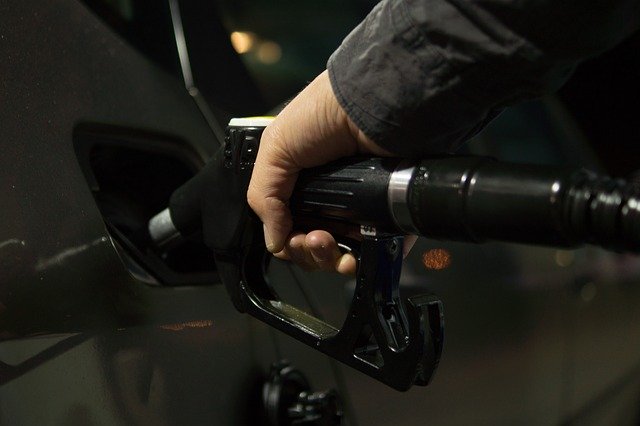
Global End of Leaded Petrol
On Monday (30 Aug) UNEP is making an important announcement about the official end of leaded petrol worldwide.
When service stations in Algeria stopped providing leaded petrol in July, the use of leaded petrol ended globally. This development follows an almost two decades long campaign by the UNEP-led global Partnership for Clean Fuels and Vehicles (PCFV).
Since 1922, the use of tetraethyllead as a petrol additive to improve engine performance has been a catastrophe for the environment and public health. By the 1970s, almost all petrol produced around the world contained lead. When the UN Environment Programme (UNEP) began its campaign to eliminate lead in petrol in 2002, it was one of the most serious environmental threats to human health.
2021 has marked the end of leaded petrol worldwide, after it has contaminated air, dust, soil, drinking water and food crops for the better part of a century. Leaded petrol causes heart disease, stroke and cancer. It also affects the development of the human brain, especially harming children, with studies suggesting it reduced 5-10 IQ points. Banning the use of leaded petrol has been estimated to prevent more than 1.2 million premature deaths per year, increase IQ points among children, save USD 2.45 trillion for the global economy, and decrease crime rates.
The end of leaded petrol is expected to support the realization of multiple Sustainable Development Goals, including good health and well-being (SDG3), clean water (SDG6), clean energy (SDG7), sustainable cities (SDG11), climate action (SDG13) and life on land (SDG15). It also offers an opportunity for restoring ecosystems, especially in urban environments, which have been particularly degraded by this toxic pollutant. Finally, it marks major progress ahead of this year’s International Day of Clean Air for blue skies on the 7th of September.
Information Source: Read More–>
Oilandgaspress.com | Energy, Climate, Renewable, Wind, Biomass, Sustainability, Oil Price, LPG, Solar
In 2002, there were still 117 countries using leaded petrol – especially in Africa and in low-income countries elsewhere. The process to phase out the use of this toxic substance has been led by a public-private partnership (UN, scientists, NGOs, oil companies), involving awareness raising, technical support, and even fighting off corruption cases. Last month, in Algeria, the last refinery in the world exhausted its stocks of leaded petrol.


